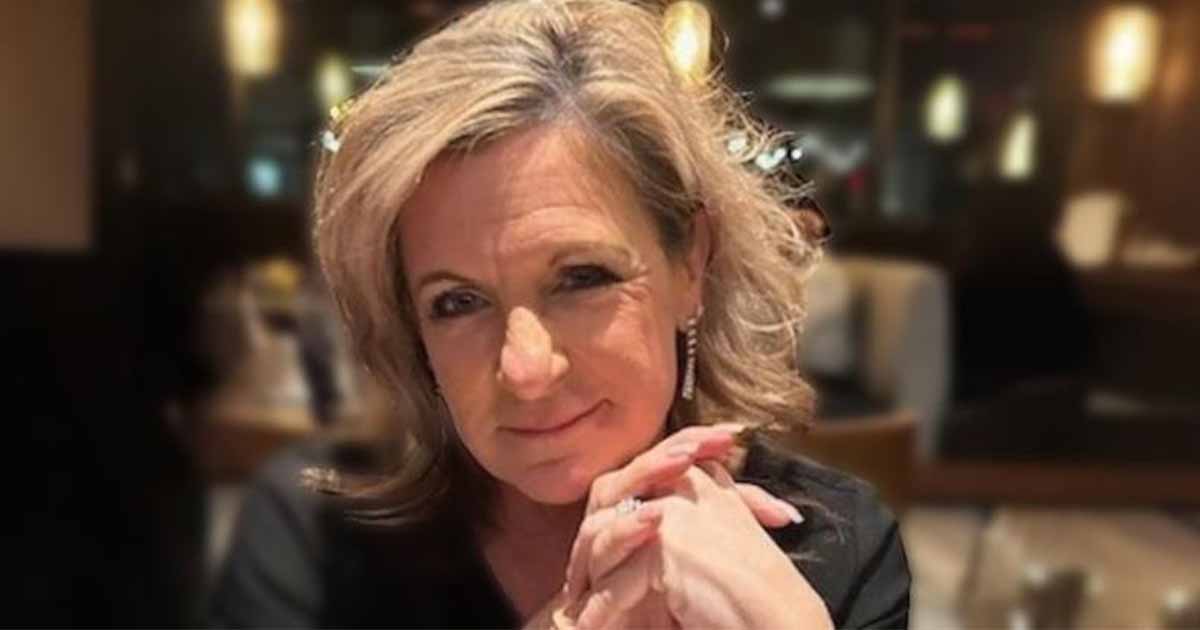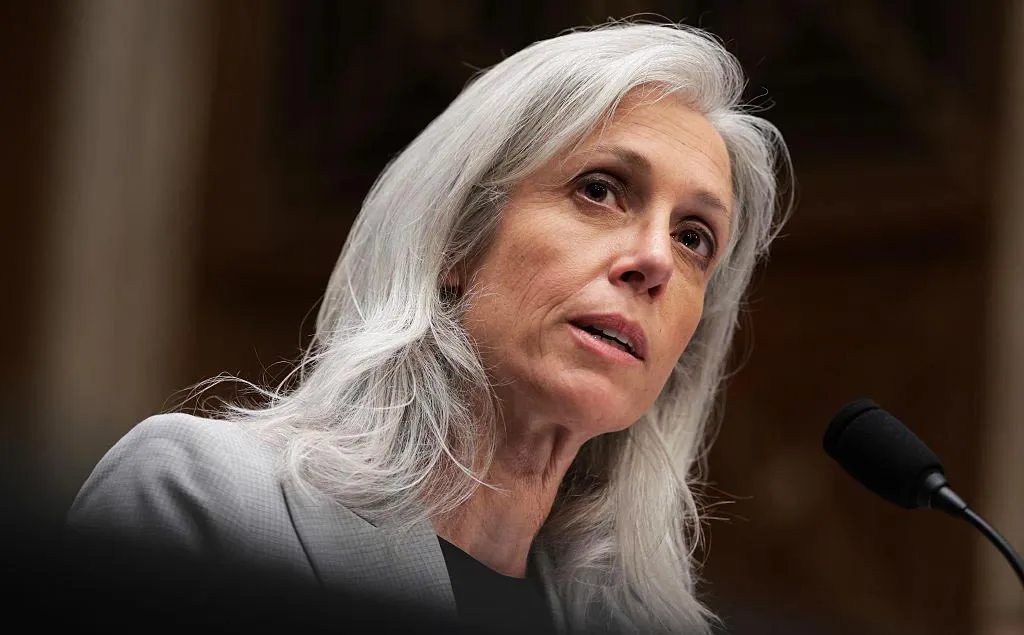Outgoing ONC coordinator Farzad Mostashari, MD, talks about local vs. federal health, tech changes, ONC’s future, scaling health improvements across the nation, Blue Button’s surprising takeoff, and why ONC will only get more relevant post-HITECH funding.
“Welcome to the federal government. Check your passion at the door.”
Farzad Mostashari, MD, the outgoing national coordinator for health information technology, wrote those words down, frustrated in a meeting, shortly after arriving at ONC. His predecessor David Blumenthal, MD, and CDC director Tom Frieden, MD, steered him back toward exuberance -- the characteristic for which Mostashari has become well known.
Government Health IT Editor Tom Sullivan spoke with Mostashari in his ONC office about how the difference between applying those passions at the local and federal level, his accomplishments in the mobile computing and health revolution, what the future holds for ONC, and words of wisdom for his successor.
[See also: Mostashari to step down as ONC chief.]
Q: How different was the experience of being the National Coordinator from serving as assistant commissioner at New York's health department?
A: The Yin and Yang of local versus federal. In a city you can do an enormous amount in a very short time and be very tightly connected and coupled with the local realities but it doesn't scale to everybody else. At the federal level what you do is incredibly impactful at scale — from Alabama to Alaska — but it’s a much more blunt instrument and there are many differences across our country which means that the relative impact is going to be smaller than what you could accomplish with that sort of concerted action at the local level. So I feel incredibly privileged to have experienced both.
Q: Have you seen anything become more significant than you would have guessed when starting at ONC?
A: Blue Button. I think it’s a game changer. The idea that through view, download, transmit you can get your own data from all your care providers and share with whoever you want to share it with. The ecosystem of apps and services on top of that data to help people manage their health, finances, chronic disease, their prevention, the gamification, social, and just the explosion in venture funding and startups in this space that’s all fueled by payment reform and oxygenated by data. That is something I had not expected to take off this quickly.
[See also: Praise rolls in for Mostashari.]
Q: What have been your greatest accomplishments promoting and advancing the broader category of mHealth?
A: First of all, I haven’t had any accomplishments here that didn't build on or weren’t really the work done by the staff here and the broader health IT community. The first is we have, I think, stayed out of its way, let it flourish and that’s important. The second has been pointing innovators in the direction of things that matter. Because a lot of the innovators don't really have a grasp of what the needs of the situation are. The third has been to provide a framework and consistency around security because one of the main concerns and potential stumbling blocks to mHealth is going to be if there are compromises to privacy and security.
Q: Now, I have heard some rumblings that your departure might mark the beginning of the end for the glory days of ONC …
A: I certainly hope not.
Q: Well, it’s not just the cult of personality. More important is that your successor will be as empowered are you were but whoever follows the next National Coordinator will potentially not have the kind of influence that billions of dollars to disburse tends to bring. So how do you envision ONC post-HITECH?
A: So, what does ONC do? The first is policy coordination and the need for that will only grow as there is more and more health information in digital format and the flows of information become that much more important, quality measurement, privacy and security. All the three letter agencies that are doing their job, FDA, CMS, AHRQ, NSF, FTC, DOJ, you name it, I think we actually did tally it up at one point and there were like 30 other agencies we’ve worked with. I expect ONC to continue to play a major role in that policy coordination — we’ve got coordinator in our name.
The second thing we do is set standards for those healthcare transactions. Is the need for that going down? No, hell no! The need for that is going up as more and more information is digitized, you want to share the information, you want to make use of that information, to go from data to insight to action, all that — I’m missing a Health IT Standards Committee call for you right now — but the stuff we’re talking about is so exciting, so important and it’s just growing. The use of that information for public health, for research purposes, to query and learn from, create a learning health system. Everything from images to care requirements to long-term care and behavioral health interoperability, patient matching, I mean, my lord, the role for ONC in standards setting will only continue to rise.
And then what’s the third thing we’ve done? That’s engagement with the field. Now I will grant you, not having a grant funding relationship with the 52 state health information exchanges, 17 Beacon Communities, 62 Regional Extension Centers, 82 community colleges, is going to change how we interact with the field, but we’re not going to retreat from engagement with the field. We have to continue to inform our policy and standards work with the real world experiences, with those 143,000 primary care providers the extension centers are touching, with every state we are working with. And so the engagement form is going to change as the grant funding winds down but the engagement won't change. And so if the next national coordinator is listening, I would say your role, your importance is only going to increase.
Q: Following that, any words of advice for the next national coordinator?
A: When I came into the federal government from New York with some ideas about how things could be different, and I had a lot of passion. And when I came in, I kind of made a mistake: that fundamental misunderstanding was to think that ‘you’re in the federal government now’ — and I actually wrote this on an index cared in a meeting, frustrated, I wrote ‘Welcome to the federal government. Check you passion at the door.’ And I thought that in this role I was supposed to be Apollonian and that it would somehow be inappropriate for me to show my passions. And I talked to [former national coordinator) David Blumenthal and I talked to Tom Frieden about it and they both said the same thing: You gotta be yourself. And that’s what I would say to really anybody coming into any job. Figure out what your strengths are and bring those to the table. One of the things about me is I’m comfortable speaking about what I’m passionate about in a passionate way. Everybody here has their passion. Some are more open about it, but you wouldn’t last two days in these kinds of jobs if you weren’t well-stoked with an inner drive of passion.
Anthony Brino, Benjamin Harris, Frank Irving, and Eric Wicklund contributed to this report.


